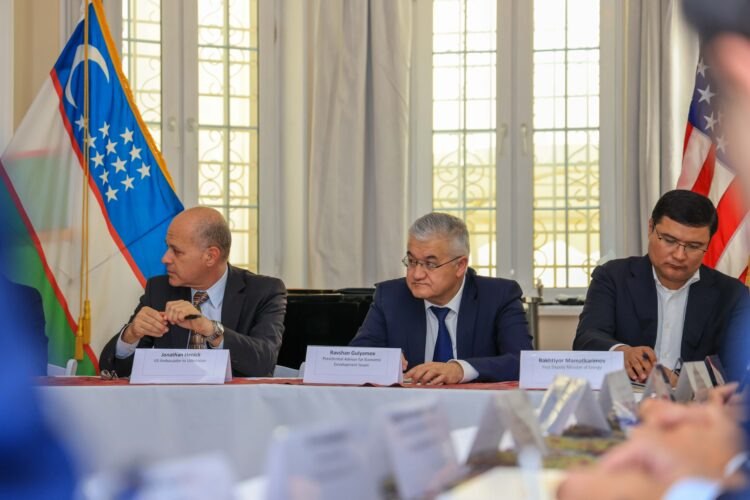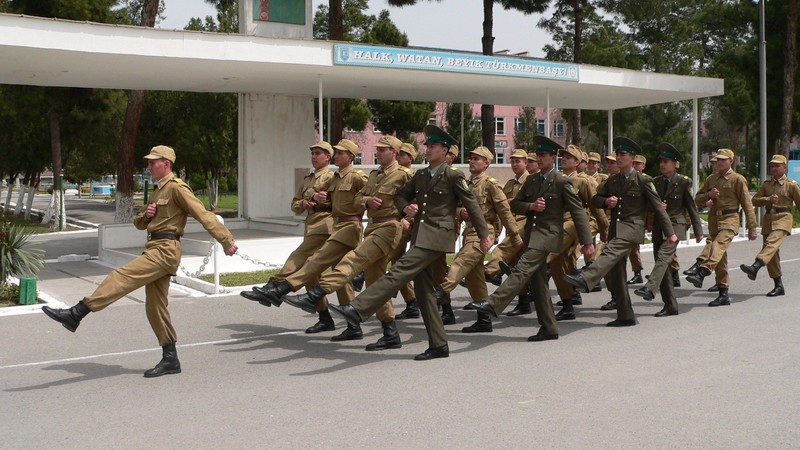KABUL (TCA) — More than half of the $76 billion worth of US military aid sent to Afghanistan security forces since 2002 has been “looted and embezzled” due to “brazen corruption” that has seen money and weapons siphoned to private militias, according to a former Afghan intelligence officer, Russia’s Sputnik news agency reports.
Kabul Khan Tadbeer, a former Afghan intelligence official and a security analyst, said that internal forces that seized power after the fall of the Taliban in 2001 armed private militias and even embezzled numerous small arms and ammunition for profit.
He called for greater efforts in Washington and Kabul to uncover corruption, and suggested there should be a halt on further aid until the missing equipment was accounted for.
The U.S. Department of Defense funded more than $76 billion dollars of weapons, communication devices, and other security equipment to the Afghan security forces since 2002, according to a recent report by the Government Accountability Office.
In 2005, the Afghanistan Security Forces Fund was created, and around $66 billion has been allocated since then. The bulk of funds — over $26 billion — was spent on “sustainment” such as salaries, ammunition, equipment maintenance, information technology and clothing, with around $18 billion going on transport, infrastructure projects, operations and training.
Among the hardware provided were 600,000 small arms such as handguns and rifles, 163,000 radios, 76,000 vehicles (including 22,000 Humvees), and 30,000 pieces of bomb disposal equipment.
Around 16,000 intelligence and surveillance items, such as unmanned surveillance drones, and 208 aircraft, including 110 helicopters, were also part of the haul.
Small arms are said easily stolen and sold on Afghanistan’s black market. Sometimes, the weaponry ends up in the hands of militants fighting Afghan security forces.
Rampant corruption among Afghan security forces has led President Ashraf Ghani to establish the Justice and Judicial Center for Anti-Corruption, and the National Procurement Council to oversee major public sector contracts.









